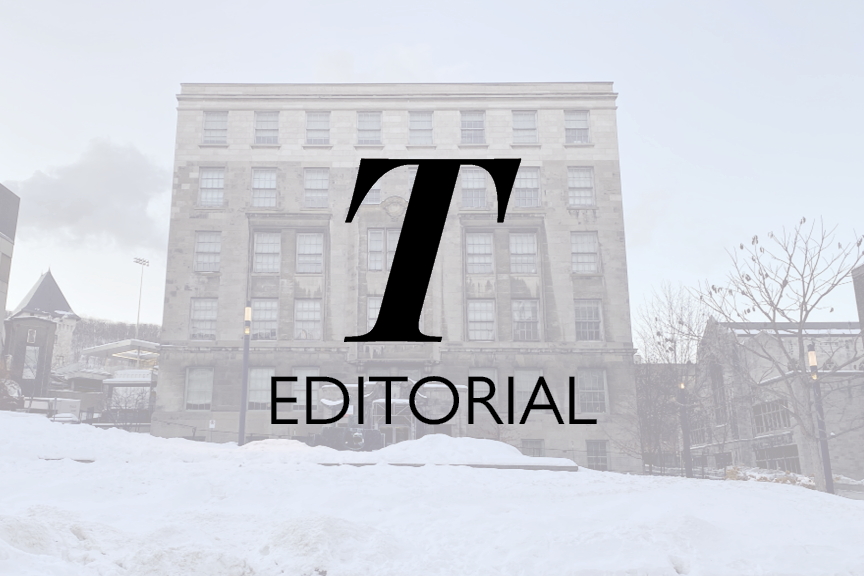On Jan. 20, Quebec Premier François Legault held a press conference in which he made two statements: First, that citizens should “stand in solidarity” with hospital workers, and second that they should “stay prudent.” Combined with the shifting recovery plans in light of the Omicron variant, these remarks show that the province’s response to the COVID-19 crisis remains chock full of political theatre. The government’s mismanagement and poor communication conceals important decisions being made on travel, schools, and health, among other issues. To individuals’ risk, political theatre obscures government responsibility, and Quebec is certainly matched in performative statements coming from the federal, municipal, and university levels.
While these theatrical actions reveal the oft-improvised nature of government preparation, idle, action-less rhetoric continues to emerge. While seemingly innocuous, messages like “Canadians, please come home” and “the pandemic does not discriminate” use emotional calls for unity to distract from the ways that structural inequalities disproportionately affect groups in Canada and around the world. Closing borders, for example, after South African scientists discovered the Omicron variant, was discriminatory toward African countries that had similar rates of infection as European countries. What is more, when leaders position healthcare workers as “heroes,” their sincerity rings hollow, as they appear benevolent without taking concrete steps to improve material conditions for these “heroes.” Similarly, the McGill administration encourages students to focus on their mental health, all while their asinine decision-making and messaging leaves students confused and without flexible accommodations. It was these same aggressive displays of authority that forced social work students into the classroom and their fieldwork placements. Communication between the Canadian government and Canadians, the Quebec government and Quebecers, and McGill and McGillians is rife with disparities between what authorities say, and what they actually do.
This theatre from powerful leaders, of course, has its audience: With a federal minority Parliament and a provincial election on the horizon, the importance of popularity should not be prioritized over successful action or proper public health measures. Furthermore, contradicting information from the top-down breeds immense distrust within the public. We have come to a point where politicians have not only politicized masks, but also restrictions—encouraging skeptical and vaccine-hesitant citizens to embrace individual freedom over collective safety. When a curfew is implemented and lifted seemingly at random, politicians face the risk of undermining science. For example, some Indigenous people rightfully hold mistrust in Western medical institutions and, by extension, COVID-19 vaccinations. Quebec’s health-care system has a brutal history of systemic racism. The death of Joyce Echaquan, an Atikamekw woman who died at the hands of medical professionals in 2020, highlighted the degree to which racism is embedded in multiple levels of health treatment. Over federal jurisdiction, Canada also conducted unethical vaccine experiments in residential schools. These reasons qualify mistrust and hesitancy in interacting with governmental health services—and all the while, the government’s political performance does nothing to address these issues head-on.
Efforts to scale back political theatre tend to put the onus on individual citizens, who face the impossible task of overcoming their own lacklustre, yet powerful, elected officials. For instance, it is unfair to ask students to compensate for McGill’s ever-changing decisions. Nevertheless, when governments separate science from their actions and McGill trades effective change for tired buzzwords like “student accomodations,” without actually providing them, citizens and students are burdened with mobilizing against their higher-ups’ overall ineptitude. At the municipal level, Montreal must hold newly elected Mayor Valerie Plante to her commitments to double the budget for services for the unhoused—and not let her get away with only making PR-fueled statements on shelters without addressing structural barriers to housing equality. Similarly, citizens should stress the importance of vaccination and vaccine equity, and support initiatives like Park Ex’s vaccine confidence measure WeCanVax. By matching meaningful measures to collective action, individuals can work to pull back the calculating and capricious curtain of political theatre.








